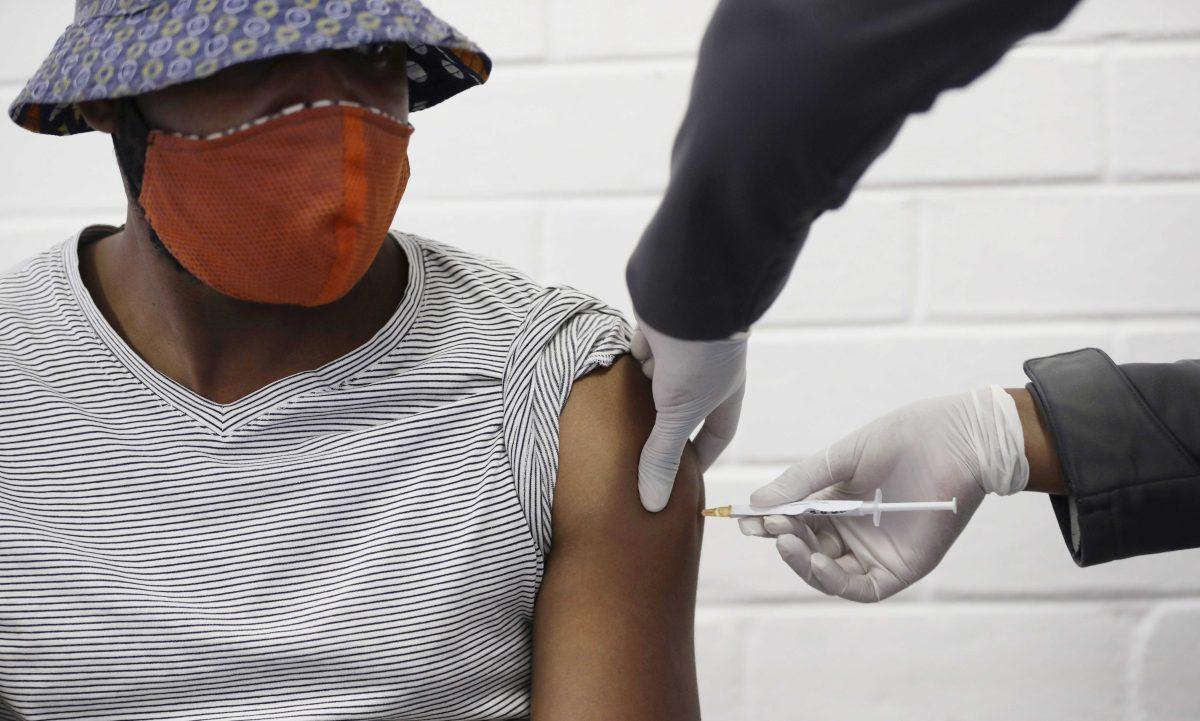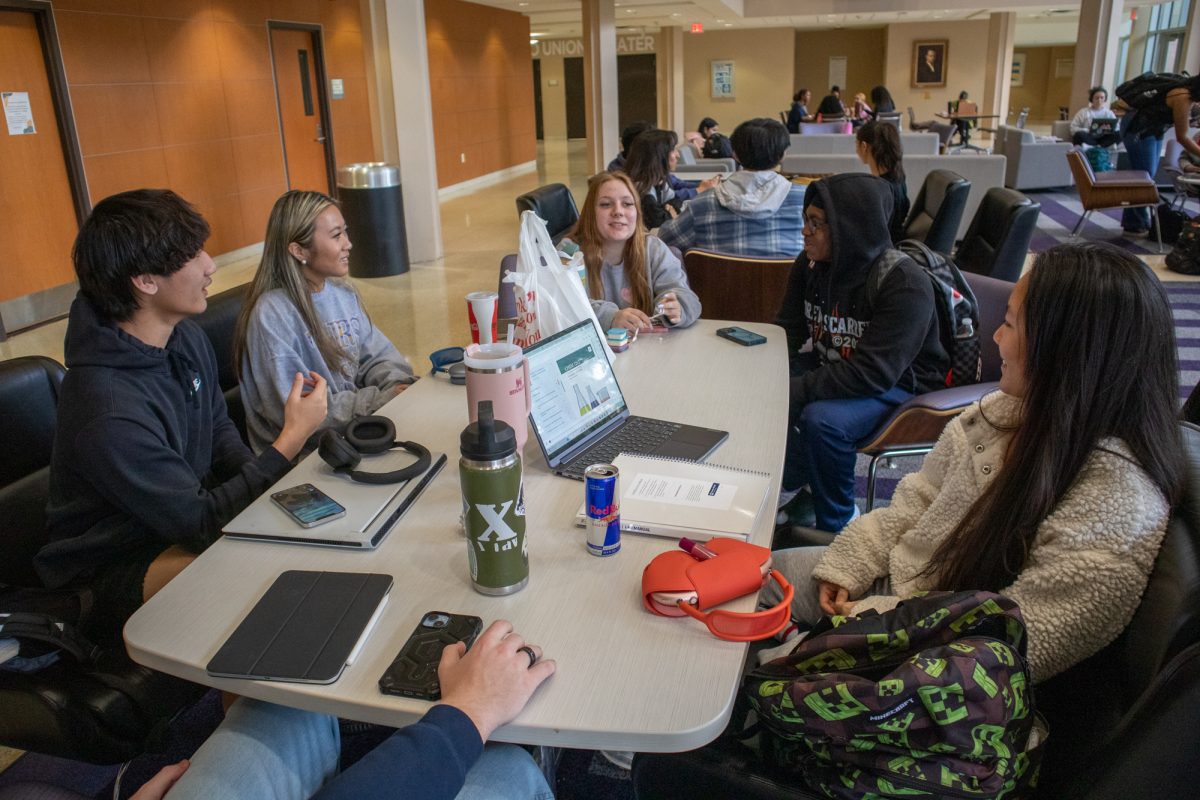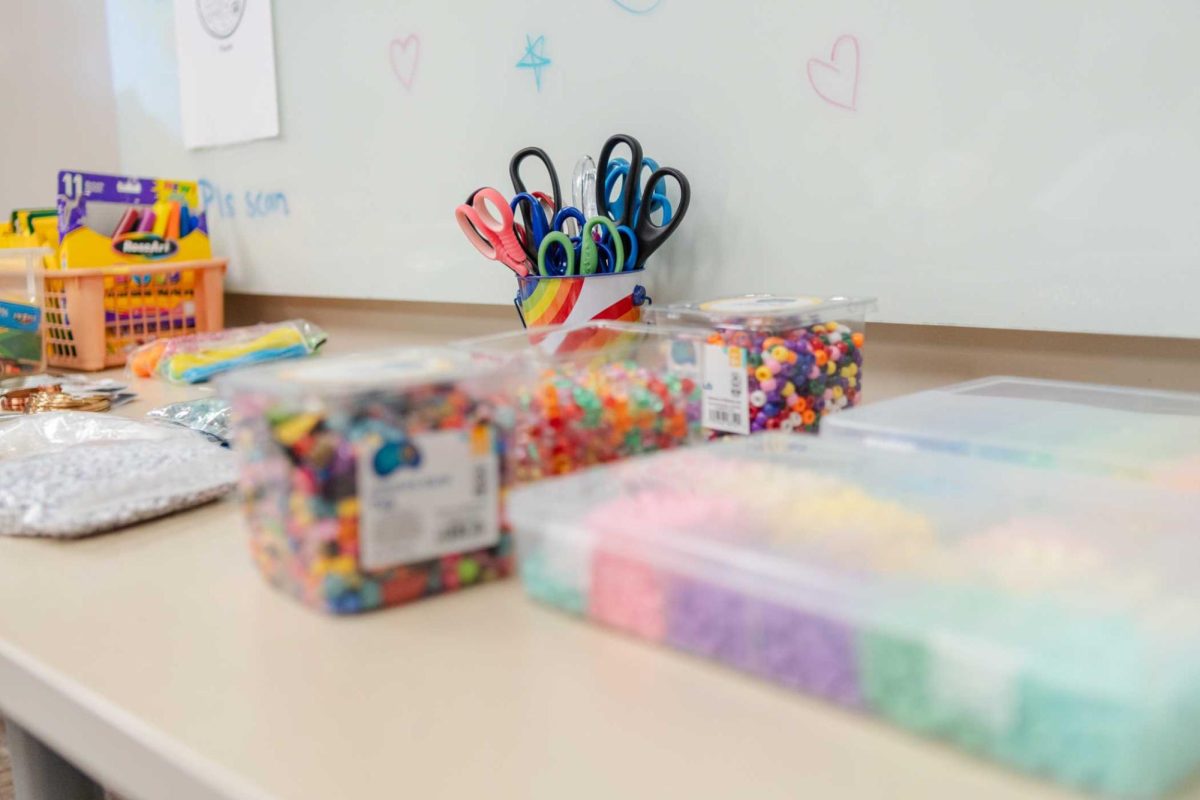Vaccines for the coronavirus have reached the testing phases and will hopefully be available to the public soon. Twenty-three vaccines are currently being tested all over the world, prompting hopes of success by early 2021, according to the World Health Organization (WHO).
The vaccine developed by Oxford University and AstraZeneca has impressive and encouraging patient immune response results, but it caused side effects such as fever and headaches in more than half of patients, according to a study published in the Lancet medical journal.
For many, a vaccine sounds like freedom and an end to the restrictive social distancing and quarantining of the past few months, but the sad reality is that it isn’t enough for a vaccine to exist; people have to actually be vaccinated.
Doctors and healthcare professionals unfortunately have their work cut out for them debunking the never ending stream of vaccine myths and misinformation spread by anti-vaccination communities. According to Public Health, the famous claim by Andrew Wakefield in 1997 that vaccines cause autism has long since been discredited due to “procedural error, undisclosed financial conflicts of interest and ethical violations” and further studies have failed to show any link between vaccines and autism.
Public Health also addressed several other popular arguments against vaccines including vaccine ingredients. At a cursory glance, the list of ingredients does seem like a frightening combination to inject into your body – formaldehyde, mercury and aluminum – but the human metabolic system produces more formaldehyde than a vaccine contains and there’s no scientific evidence suggesting such low levels of mercury or aluminum is harmful.
In order for a vaccine to effectively end the pandemic, herd immunity must be reached, according to Mayo Clinic.
To achieve herd immunity, roughly 94% of a population must be immune to the disease. Immunity can be reached either through vaccines or infection, but unfortunately, in the case of COVID-19, it is still uncertain whether infection with the virus makes a person immune to future infection.
Even if infection turns out to create long-lasting immunity, 70% of the American population, over 200 million people, would have to recover from the virus in order to create herd immunity and stop the pandemic. Our healthcare system is nowhere close to prepared to deal with that many coronavirus cases.
According to Governor John Bel Edwards, Louisiana’s hospitals are completely overwhelmed by coronavirus cases. The state now has over 100,000 confirmed cases and is quickly running out of resources to handle them. Some hospitals, including Our Lady of the Lake in Baton Rouge, have even opted to postpone non-emergency and elective surgeries in order to make more room for coronavirus patients.
With no way to safely handle the surge in cases needed to create herd immunity via natural infection, the only reasonable course of action is to wait for a viable vaccine. It sounds easy enough, but the mass hysteria surrounding the pandemic has led to the spread of misinformation and anti-vaccination propaganda including conspiracies claiming that the vaccine will be a tool to control people and make money, according to the Guardian.
Many news sources already published on the topic of anti-vaccination, including Vice in February and Business Insider in May, but now as the development of a vaccine gets closer to completion, the threat has become more real.
It doesn’t matter if a vaccine is available or if people refuse to use it. If the spread of misinformation and fear isn’t stopped and corrected soon, we may be in danger of prolonging a global pandemic unnecessarily.
Educating the public about vaccines – what goes in them, how they work, potential side effects and risks as well as positive impacts – is the only way to ensure a positive reception. It’s not enough to discredit false information anymore.
A proactive approach needs to be taken by pharmaceutical companies and healthcare companies to educate the public and make information accessible and understandable to the general public – not just doctors and researchers.
Marie Plunkett is a 21-year-old Classical Studies major from New Orleans, Louisiana.







